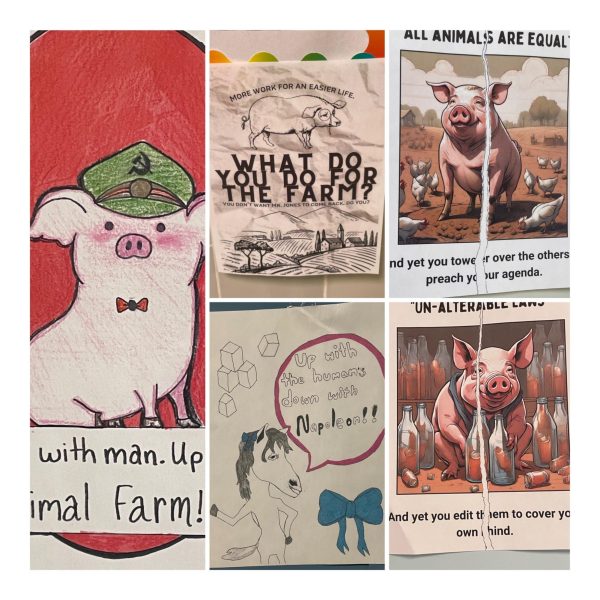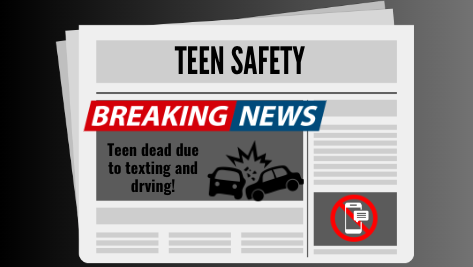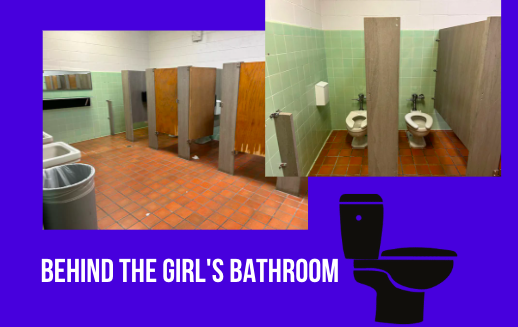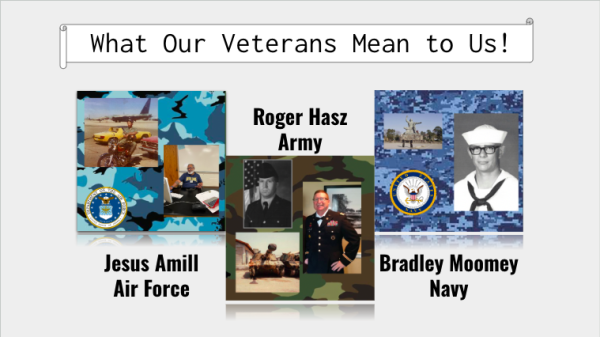Charlie Hebdo Attacks
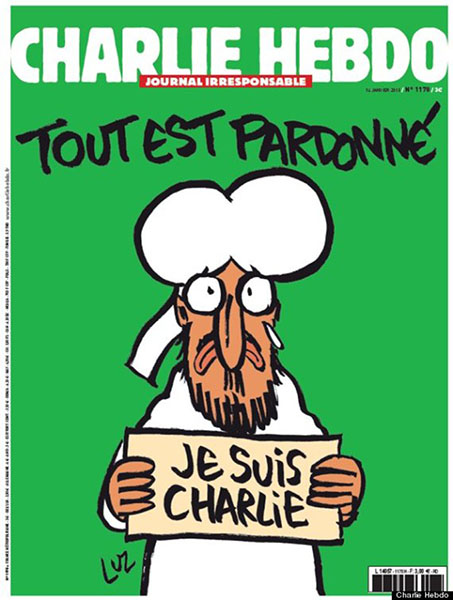
On January 7, 2015, two Islamist gunmen opened fire on the Paris headquarters of the newspaper Charlie Hebdo. Al Qaeda directed the gunmen, who killed twelve, including cartoonists Charb, Cabu, Honoré, Tignous, and Wolinski. Economist Bernard Maris, as well as two police officers were also killed. Eleven people were hurt, four of which were wounded seriously.
The perpetrators were armed with AK-47 assault rifles, a shotgun, and a M80 Zolja. They are believed to have fired 50 shots. During the attack, they shouted “Allahu Akbar” which translated into English means “God is great”.
Several people were detained in the search for the two gunmen. A third suspect turned himself in to a Paris police station and was not charged. The city was on high alert following the attacks, while the men being searched for were described by policemen as “armed and dangerous”. France implemented its terror alert to the highest possible level. Soldiers were deployed in Île-de-France, as well as Picardy.
Hostages were also taken in a kosher supermarket by another gunman near the Porte de Vincennes. Following this threat, a special operation unit of the French Armed Forces called GIGN teamed up with RAID and BRI, which are both special operation units of the French Police. These organizations conducted raids at both Port de Vincennes and Dammartin-en-Goele, where the assailants took a hostage.
Some hostages were killed during the raids, as well as three terrorists. A fourth suspect is yet to be found.
The atheist newspaper Charlie Hebdo has printed countless controversial cartoons of the Muslim prophet Muhammad; which is believed to have provoked the attack, although Al Qaeda has said that this attack has been planned for years.
The newspaper has resumed its daily duties, and will follow through with its scheduled printing today, January 14. While it normally sells about 30,000 copies a week, today’s print run has been increased to an unprecedented five million.
The cover of today’s newspaper includes a cartoon of the weeping prophet Muhammad, along with the phrase “Je suis Charlie”, which is French for “I am Charlie.” Above this is the phrase “tou est pardonné”, meaning “you are forgiven.” The print sold out in an hour.
This series of events is considered the deadliest act of terrorism in France since the train bombing in Vitry-Le-Francois train bombing in 1961. Between January 7 and January 9, seventeen people were killed at four locations, not counting the three suspects. Twenty-one others were injured, some of which are critically wounded.
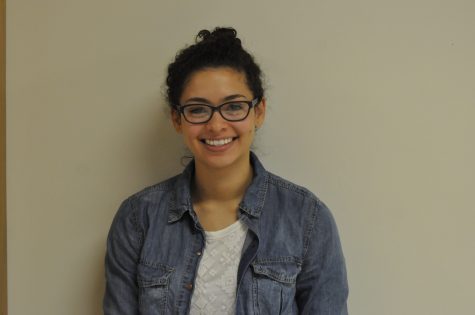
Hi! My name is Sophi Sanchez and I am a senior here at Alliance High. I'm a third year writer for the Spud. My sophomore year, I placed fifth in the state...

